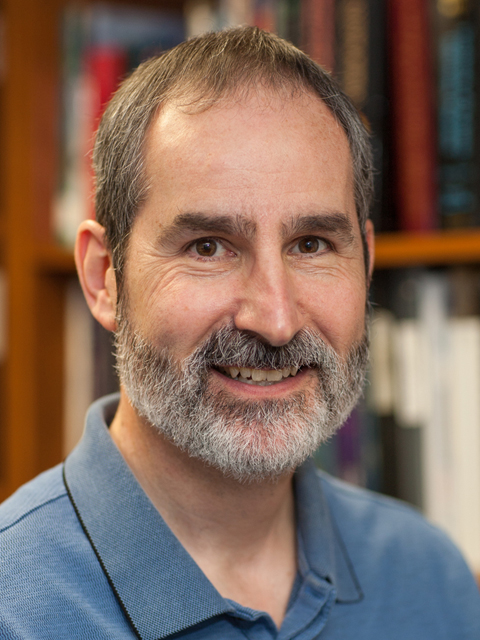Charles A. Peloquin, Pharm.D.
Professor of Pharmacotherapy and Translational Research
College of Pharmacy
2014 Awardee
 Charles Peloquin is the Director of the Infectious Disease Pharmacokinetics Laboratory at the University of Florida (IDPL). This clinical and research lab is focused on the treatment of patients with serious infections, including tuberculosis (TB), HIV, and fungal infections.
Charles Peloquin is the Director of the Infectious Disease Pharmacokinetics Laboratory at the University of Florida (IDPL). This clinical and research lab is focused on the treatment of patients with serious infections, including tuberculosis (TB), HIV, and fungal infections. The IDPL provides therapeutic drug monitoring (TDM) using high-performance liquid chromatography (HPLC) and gas chromatography (GC) to patients at Shands UF Health, and across the U.S., Canada, and Mexico. TDM is a well-established clinical tool, and the IDPL focuses on drug assays that most other clinical labs do not offer. For over 25 years, the IDPL has individualized patients’ drug regimens by monitoring serum drug concentrations and interpreting the results. Interpretations are based upon many years of clinical experience with these types of patients, allowing health care practitioners to confidently make dose adjustments. TDM also allows clinicians to pull apart complex drug-drug interactions, and to arrive at the needed doses for each drug.
TB is a major focus of the IDPL. The lab works with the Centers for Disease Control and Prevention (CDC), the National Institutes of Health (NIH, NIAID), the Bill and Melinda Gates Foundation, drug companies, and individual investigators on clinical trials involving TB and other drugs. Peloquin has participated in early pre-clinical trials and human Phase I through IV (post-marketing) studies. He has also participated in the clinical management and research of antibiotic pharmacokinetics.
Current studies focus on TB drug dose optimization for rifampin, experimental oxazolidinones, rifapentine, pyrazinamide, and TB regimens for drug-susceptible and multidrug-resistant TB. Because Peloquin’s lab also is CLIA licensed and College of American Pathologists (CAP) certified, the IDPL is able to immediately translate research findings into clinical practice for hundreds of patients every year.

